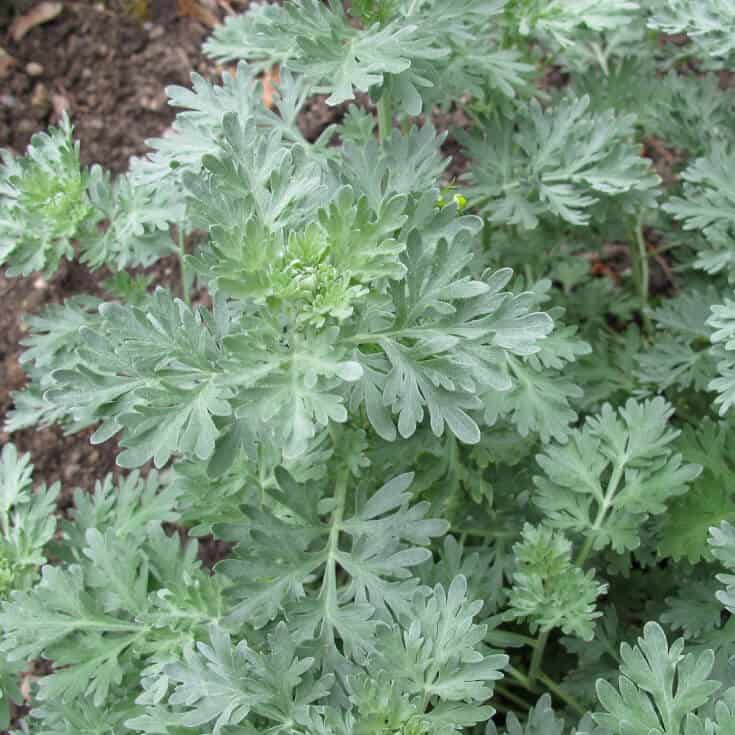Doubling as both an important fat-soluble vitamin and potent antioxidant, getting enough vitamin A is absolutely crucial to maintaining overall health. Not only does it play a role in keeping your skin healthy and clear, but it's also a key factor in disease prevention, immunity and even bone health. A deficiency in this vital vitamin…
According to the Centers for Disease Control and Prevention, more than 58.5 million Americans now suffer from arthritis. That equates to one in four people over 18 having some form of arthritis! Arthritis is characterized by stiff, aching, hard-to-move joints and bones. The most common type of arthritis is osteoarthritis, which affects about 33 million…
This medicinal mushroom has been a staple in holistic medicine for centuries and has long been revered for its potent anti-aging, health-promoting properties. In recent years, research on the cordyceps mushroom has turned up even more impressive findings, reporting that this superstar supplement can also enhance athletic performance, promote heart health and decrease inflammation to…
Although it may have a well-deserved reputation as one of the top arthritis supplements on the market, glucosamine does far more than just relieve joint pain. What are the benefits of taking glucosamine? Research shows that it can help decrease inflammation, lead to improved gut health and more. Not only is glucosamine extensively studied and widely…
In just the last few years alone, the gluten-free diet has skyrocketed in popularity. In fact, it seems like just about everyone is avoiding gluten — regardless of whether or not they really need to. Gluten-free foods have become synonymous with healthy eating, right alongside all things sugar-free, dairy-free and low-carb. What is gluten, why…
Gastroesophageal reflux disease (GERD) causes daily persistent heartburn, also called acid reflux, in nearly one in five American adults. This chronic condition, caused by inflammation and dysfunctions of the stomach, leads to tissue damage that erodes the esophagus. The good news is following a GERD diet can help treat GERD symptoms, along with lifestyle changes.…
Gluten is an incredibly abundant part of the food supply, but it's also one of the most common triggers for gut issues and food intolerances or allergies in the world. In fact, there's a good chance you or someone you know has experienced gluten intolerance symptoms, oftentimes without even realizing gluten is the cause of…
The plant-based diet continues to grow in popularity, and it can be beneficial for helping both children and adults to increase their nutrient intake while lowering excess or "empty calorie" intake. It's been shown that plant-based diets (similar to vegetarian diets in many ways) offer protection against coronary heart diseases, metabolic syndrome risk factors, some…
If you're someone who struggles with digestive issues, such as acid reflux, irritable bowel syndrome, inflammatory bowel disease or nutrient malabsorption (a common problem among elderly adults), then digestive enzymes may be one of many dietary supplements that can help offer you relief. When we take these enzymes in supplement form we can benefit by more…
If you experience acid reflux symptoms — such as chest pains, burning sensations that can pick up at night and disturb your sleep, and difficulty eating many foods — and want to find some relief, you must improve your acid reflux diet and make necessary lifestyle changes. These changes include rethinking how you sleep and…









